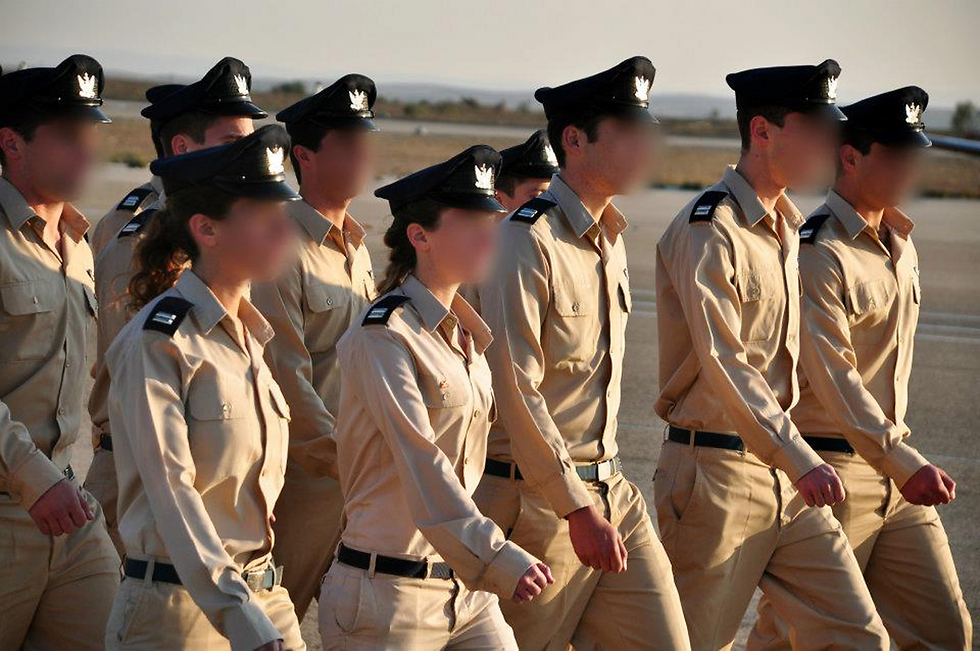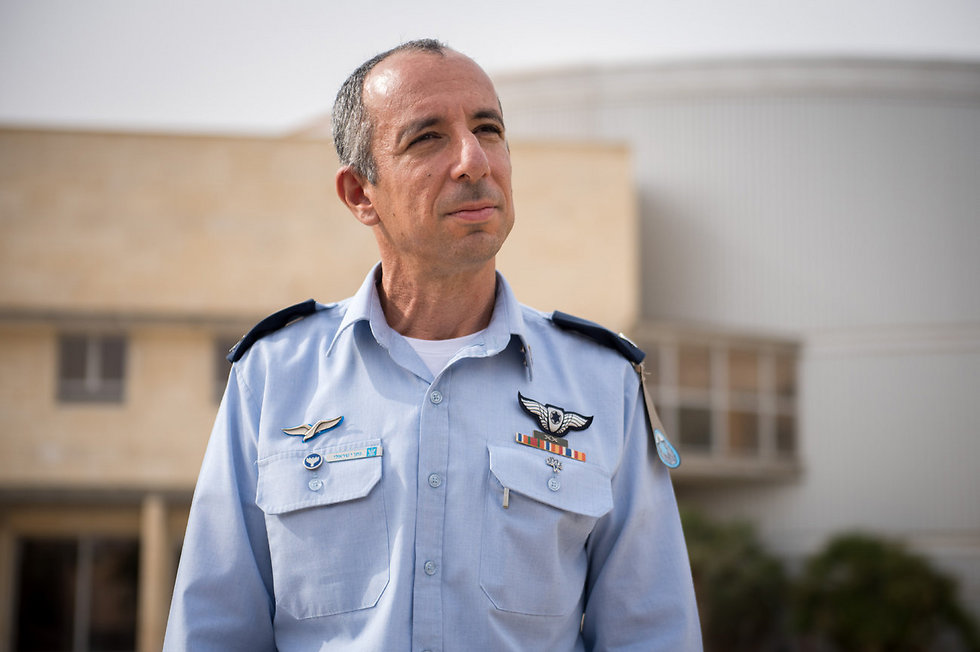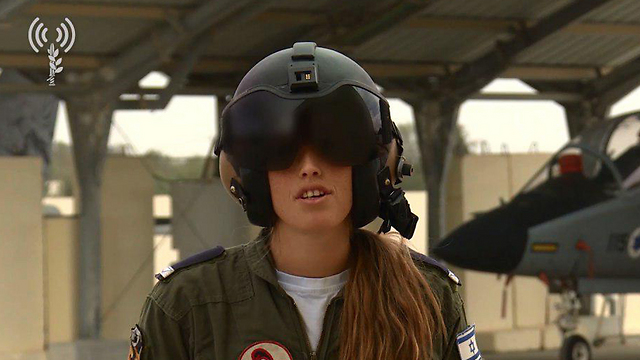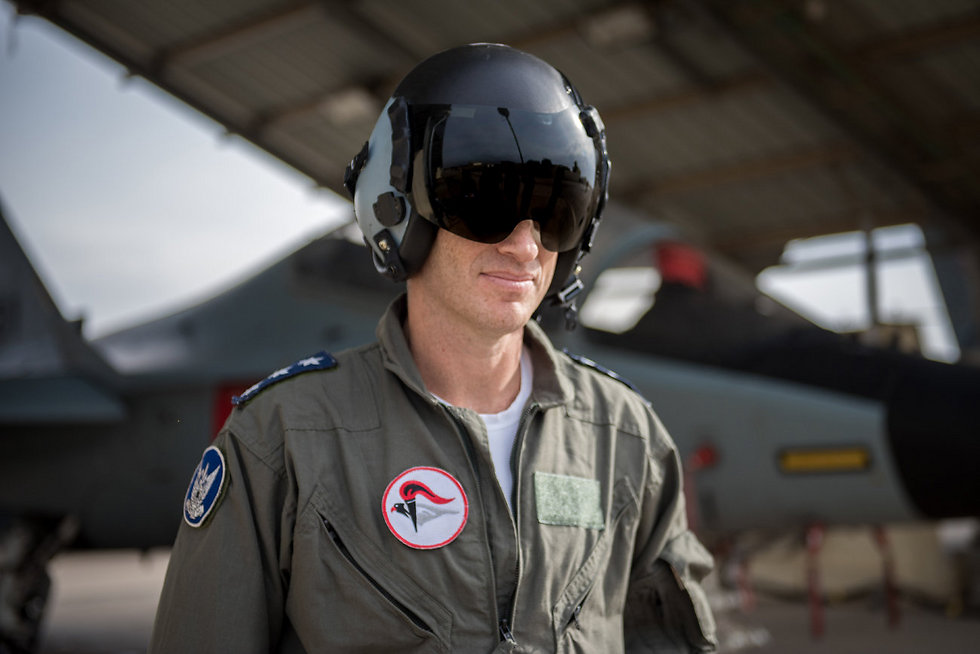

Air force seeks recruitment of more female pilots
In seeking to increase number of women graduating from its flight course, Israeli Air Force takes measures to bolster female participation, including deploying 'safety net' for course dropouts, promoting more women to senior positions; 'Decision operational necessity more than agenda,' says force's head of personnel.
Another course will conclude in the Israeli Air Force's flight academy next week, with only one female pilot receiving the vaunted admission into the ultimate boys' club. The pilot will join her 48 predecessors, since the High Court's ruling—which said women may also fly in combat—in a petition submitted by Alice Miller in the nineties.
Lieutenant L., the only female graduate of the course, had a clear message: "Come and live your dream."
"I think it's significant service that contributes a lot and anyone who is capable of doing so should attend and graduate from the course," L. said, adding in a female-specific message, "Not all young women know they are capable of being here. Anyone who has that dream or thinks she wants to give it a shot, I call on them to attend the flight course and live their dream."
"The last three years have meant so much to me, and I went through experiences you simply can't see elsewhere. It was challenging, instructive and it's just the beginning—I'm ready for what's next," the new pilot declared.
L.'s statements notwithstanding, the relatively scant number of women to graduate the air force's flight course perturbs senior air force officials, who point to the fact that young women—unlike men—are not obligated to attend selection for the flight academy if called upon as one of the factors behind the discrepancy.

In order to encourage those same young women to undertake the course, the air force has decided to take two measures. The first is saving quality positions in operational and technological units, in flight squadrons for instance, to women who drop out of the course. The second is a significant promotion of female officers to senior positions with the force, as has been the case with Col. (Dr.) Yifat Erlich-Shoham, the air force's surgeon-general, or Maj. A., recently appointed the first female fighter pilot.
"We're using up every available candidate when it comes to men, and there's no reason not to use half the population to increase the pool of people vetted for the course, with the end goal being to have more quality pilots, regardless of gender," explained Col. Omer, commander of the force's flight school. "I'm also in favor of women being obligated to attend the course."
Head of the air force's personnel group Brig.-Gen. Nathan Israeli said, "Our decision to encourage more prospective candidates to attend the flight course was not born of any particular agenda, but an operational necessity. They can improve not just the flight school but the entire force. There's nothing gender-oriented about carrying out an operational flight."

"For the first time ever, we've created a sort of safety net for women who drop out of the flight course, landing them in quality operational and intelligence positions within the force. We're taking great pains and transforming processes to make the selection for the course a better fit for women. The threshold for selection was and continues to be professional and high," Israeli added.
While the air force is not planning to hold recruitment sessions for female high school students, a special conference on the positions earmarked for women who drop out of the course was held, with some current female pilots in attendance to recommend recruitment. Not all current pilots attended however, citing their desire to "not make a big deal out of their being women."

















